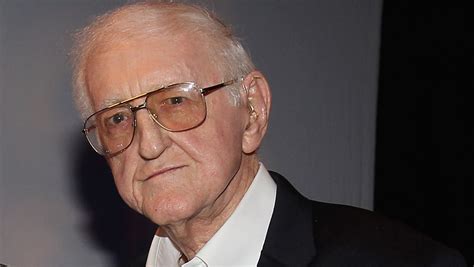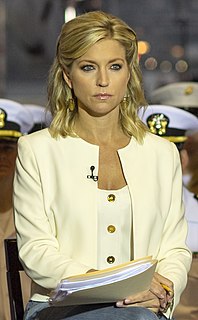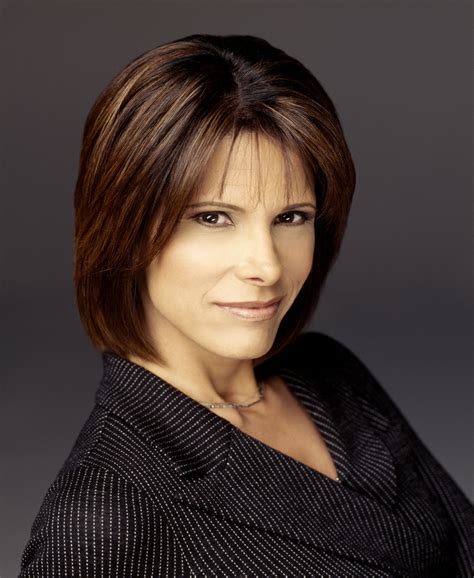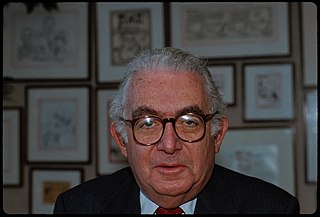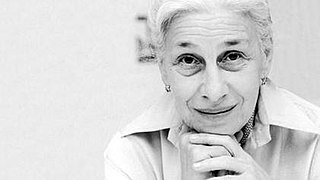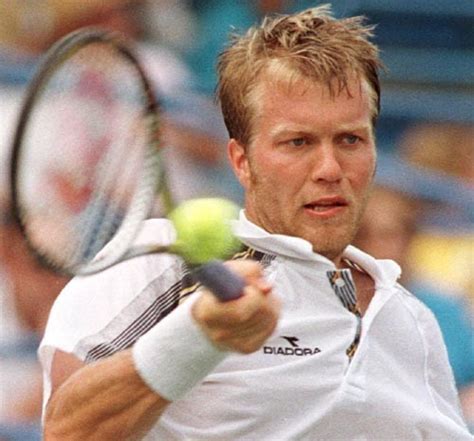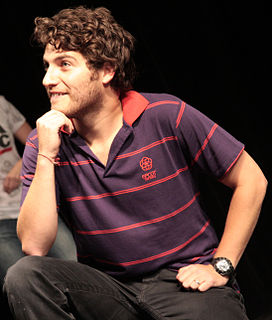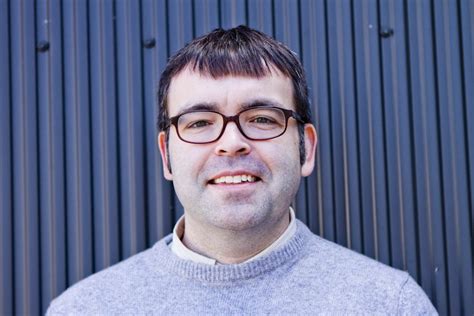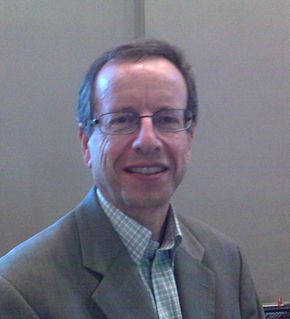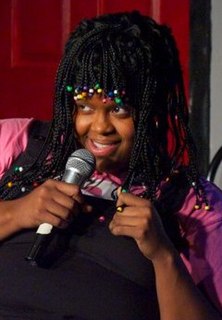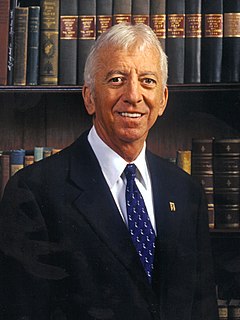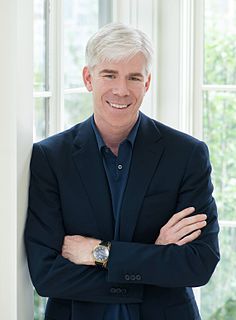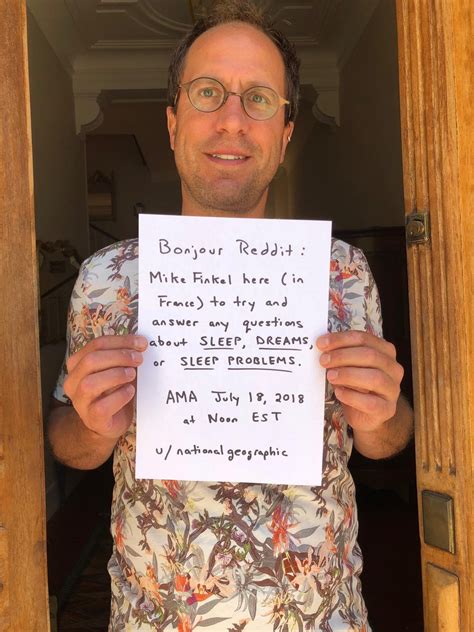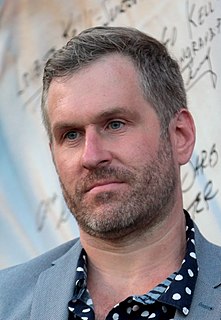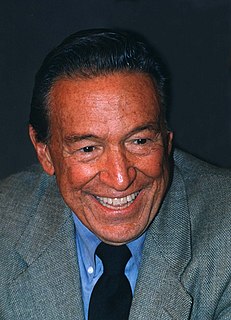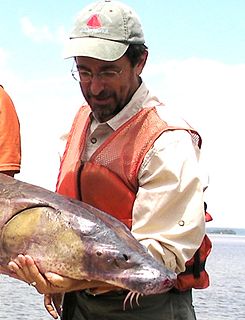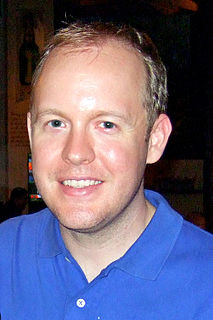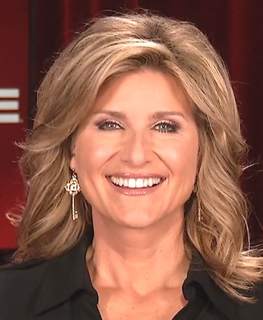Top 1200 Investigative Journalism Quotes & Sayings - Page 20
Explore popular Investigative Journalism quotes.
Last updated on December 18, 2024.
I'm an essayist. And this is a genre that has existed for a few thousand years. Ever heard of Cicero? So these rules that I'm working under are not mine but rather were established by writers who recognized the difference between the hard research of journalism and the kind of inquiry of mind that characterizes the essay.
Journalism is the only profession explicitly protected by the U.S. Constitution, because journalists are supposed to be the check and balance on government. We're supposed to be holding those in power accountable. We're not supposed to be their megaphone. That's what the corporate media have become.



